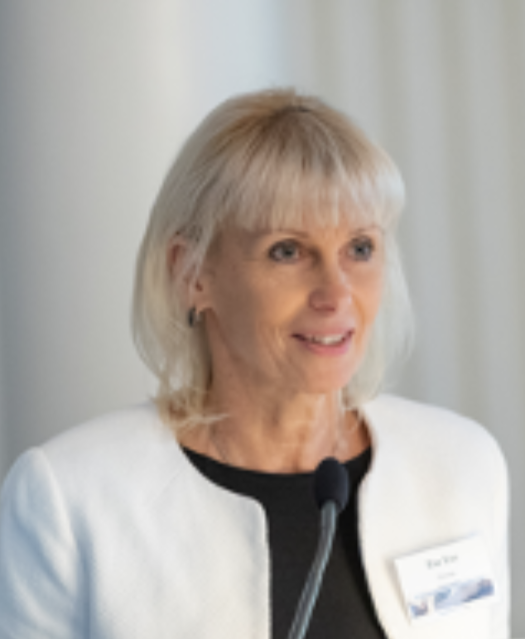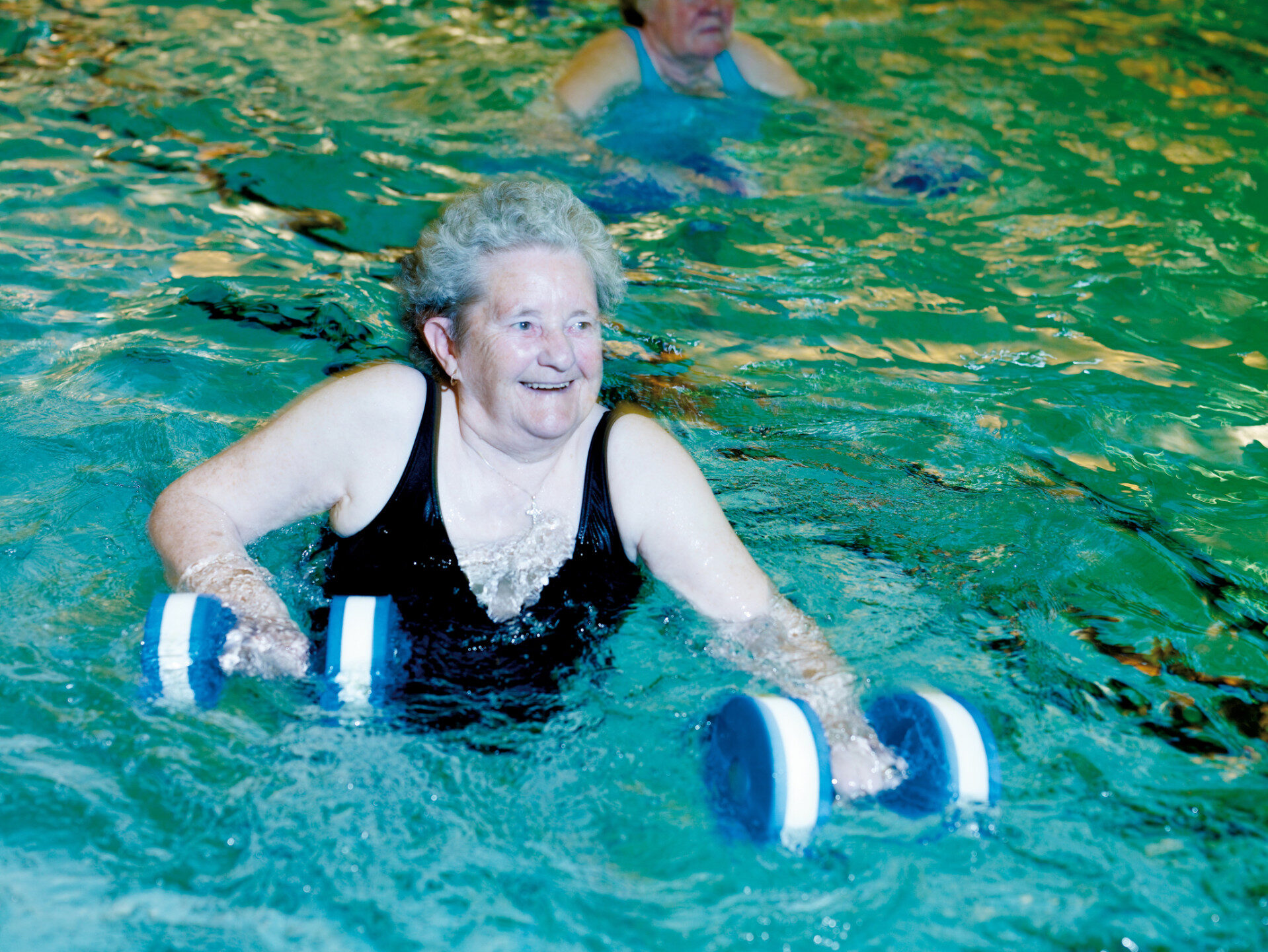Institution Description
University of Tartu offers a wide variety of academic programs, a diverse group of research institutes, and a focus on interdisciplinary approaches to solving complex problems, including medical and health problems.
The Faculty of Medicine of University of Tartu has been the springboard for Estonian doctors and medical researchers since the founding of the alma mater – 1632. We are committed to improving the health of Estonians and beyond through studies, training for medical staff, science and social responsibility. Education in our six institutes prepares outstanding leaders in the field of healthcare and medicine. Our alumni make up 99% of Estonian doctors, dentists and pharmacists and the majority of renowned exercise and sport scientists, physiotherapists and sports coaches.
For us, it is important to explore the solutions to unsolved challenges and answer the questions that matter. That is why we encourage our students, staff and alumni to explore new possibilities and improve their knowledge and skills further on. Next to science, many of our researchers are public opinion leaders who are active in the media and belong to different advisory boards whose decision making influences Estonian health policy.
The Institute of Clinical Medicine was created on the 1st of January, 2016. The Institute of Clinical Medicine is one of the six institutes of the Faculty of Medicine.Take a look at the structure of the University of Tartu.
The main task of the institute is to conduct teaching, research and development activities in its disciplines and related disciplines. Most of the clinical subjects of the Medicine programme are taught at the Institute of Clinical Medicine. The institute is the main coordinator of the residency (postgraduate specialist medical) training, the clinical medicine doctoral (PhD) studies and the doctors’ continuing education at the University of Tartu and in Estonia. The institute has around 240 employees of whom around 200 are academic employees, including 21 professors and 40 associate professors. Most of the academic staff are clinicians, who hold different positions at the Tartu University Hospital.
The Institute of Sport Sciences and Physiotherapy has become a significant centre of sports science in Estonia and Europe. The teaching and research of the institute is incredibly diverse, ranging from the subtle aspects of sports psychology to the molecular mechanisms of muscle contraction. The Institute has Sport sciences and Physiotherapy curricula at Bachelor and Master level. Students can also continue doctoral level where the main programme is called Medicine and Sport, by choosing sub-programme Exercise and sport sciences.
An important direction of the institute is research related to the development of physical working capacity. To ensure the better preparation of athletes and provide solutions to increase the efficiency of athletic training, several sports federations also cooperate in the field of training and testing.
The institute holds a unique climate laboratory, which aims to study the resistance and adaptation of the human body to different climatic conditions, like freezing temperatures or desert heat. There is also a Move Lab that focuses on the mobility and physical activity of children in school. Since the beginning of the program in 2016 approximately ⅓ of Estonian public schools have joined it for making the change and bringing more activities to the school day and redesigning the room inside and outside the school area in a more supportive way. In 2019 this initiative was awarded by the EU Commission with the “Be Active” award.
Project Team


Project Implementation
For VANGUARD project implementation is based on the medical curricula, both in Estonian and in English. The general idea of the implementation is to develop a new centralised course in the University student learning environment Moodle. The course will be web-based and include all the Vanguard project materials. The course materials can be accessed later during the specific clinical courses.
Follow this partner’s work in our blog.

